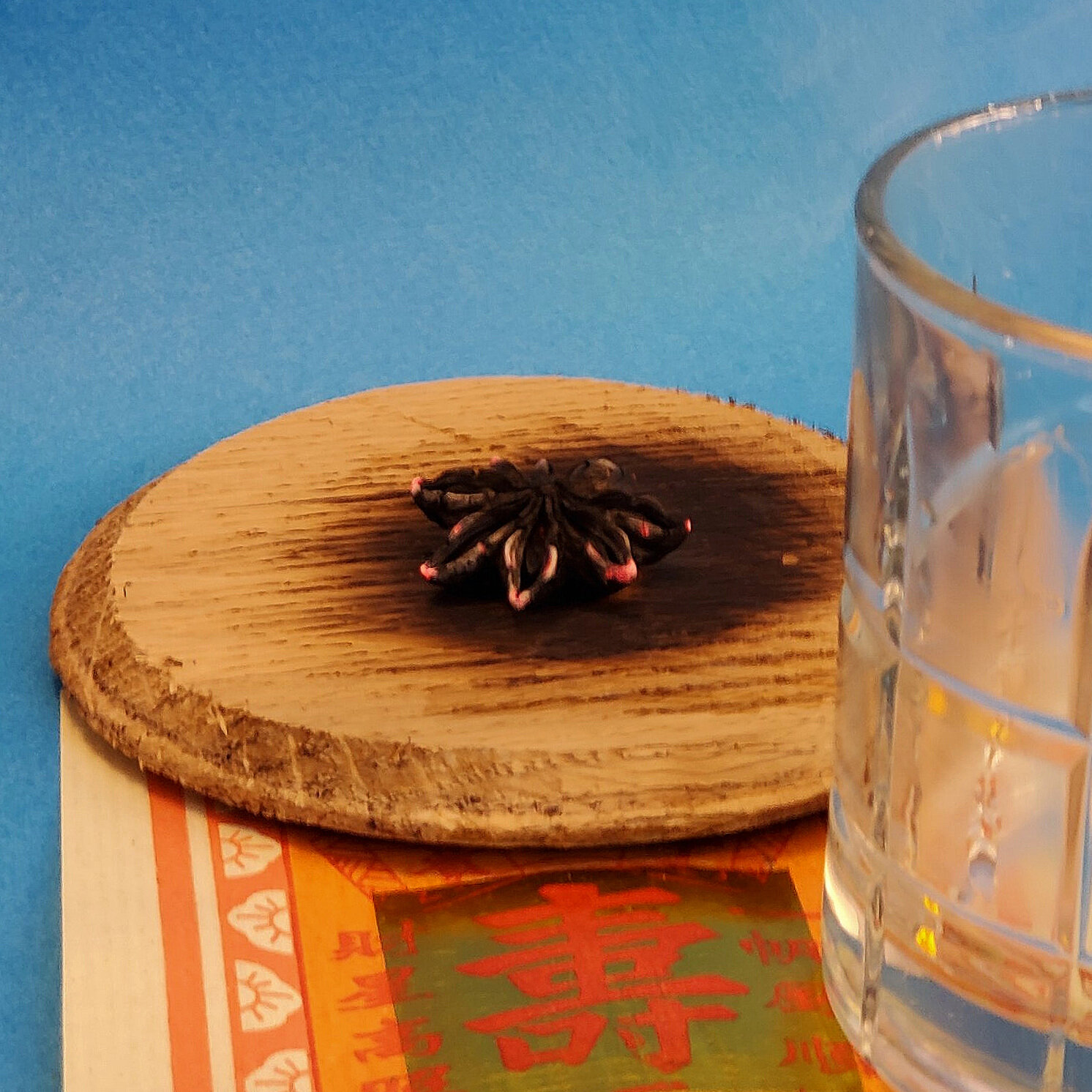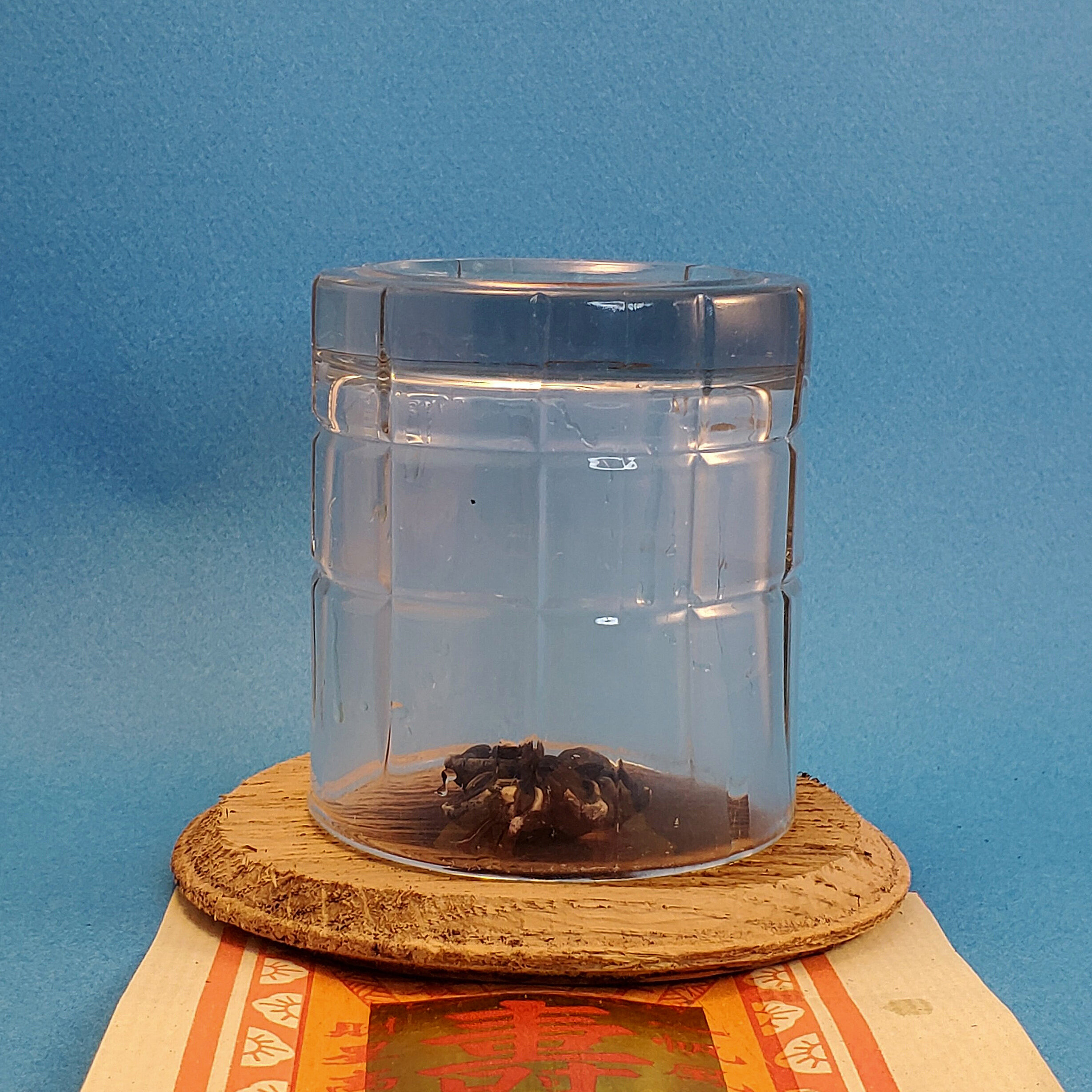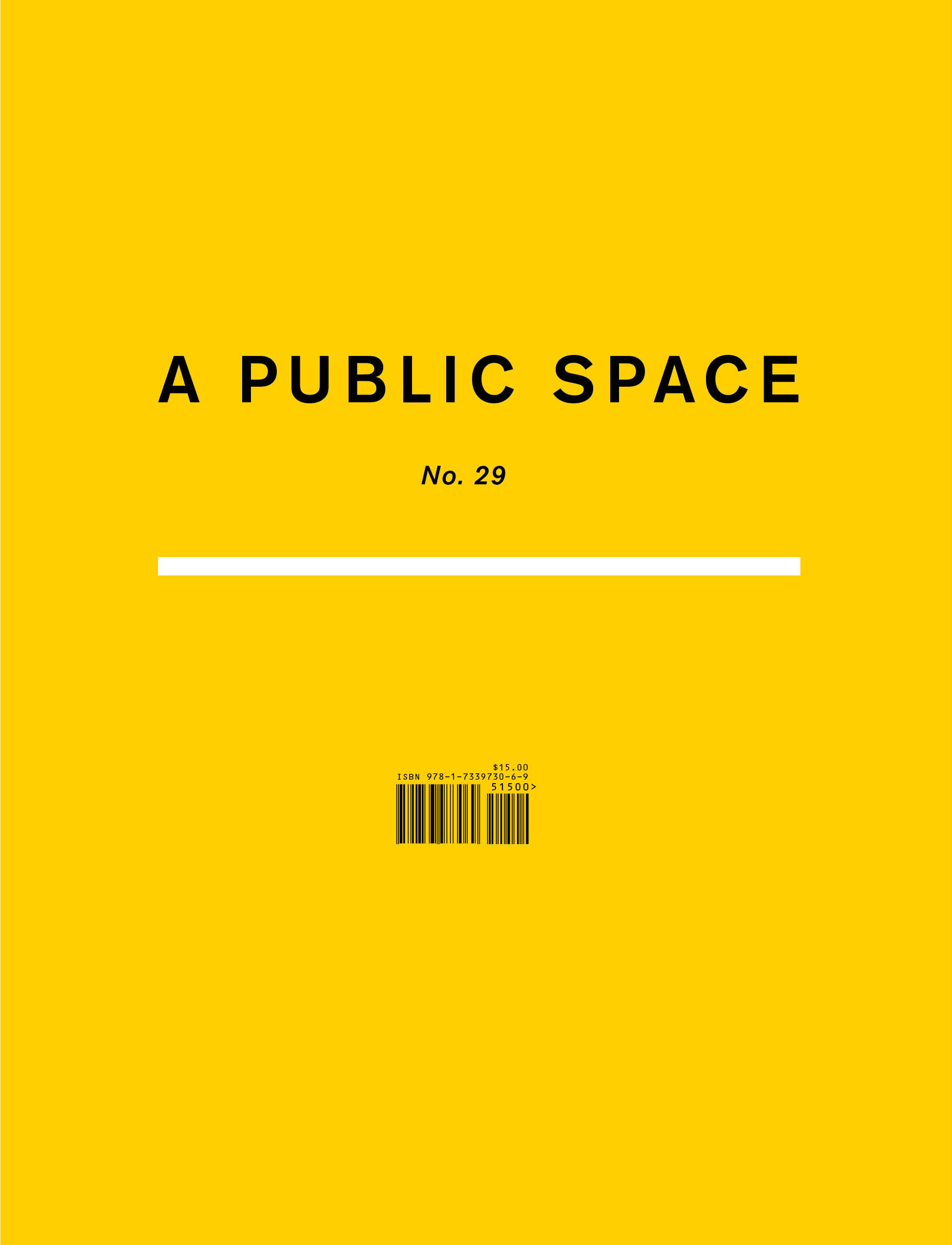“Compromise”
Image from A Public Space.
Story: “Compromise”
Published in A Public Space No. 29, Ada Zhang’s “Compromise” is a story that takes its time to blossom. Unfurling in delicate and steady but determined prose, it reveals a narrative about patience, holding true to one’s own morals when they are challenged, and complicated love.
From the onset, natural imagery establishes the story’s tone, overlaying the narrative with a soft texture despite the harsh truths of the plot: years ago, Sui’s husband, Huayu, left her and their three children and returned to China to be with another woman. The story begins with his return to them because of his terminal cancer to die in the home they once shared. The opening imagery also provides an extended, surreptitious metaphor for the story’s end writ large from the beginning. This isn’t a story of blame or shame, nor anger, at least not for Sui. Instead, it’s a story of return, change, and new beginnings.
My children think it was a kindness that bordered on stupidity—one that resembles martyrdom—that allowed me to take care of their father, my husband, when really it had nothing to do with kindness at all. We get so few chances in life to be of real use to another person, to make their life more bearable, and meanwhile the chances to do harm are everywhere and often discreet; you don’t fully realize what you’ve done until it’s over.
Outside perceptions abound throughout “Compromise.” On one side is Christianity and its rejection of death, and on the other is Sui’s children and their skepticism. Sui’s children believe that there’s an ulterior motive to everything—to the money the local Christian congregation raised for them when their father first left, to the reason Huayu has returned now to die—and they are so completely blinded by their skepticism that it’s difficult for them to understand why their mother would bother. It’s this inability to understand, and empathize, that characterizes their actions towards both Huayu and Sui. Christianity at the other end, seen through Sui’s eyes, is an unnecessary way to ward off death and the fear of it. Even a sign in the dentist’s office where Sui works that references a passage from Corinthians stands out to Sui because it acknowledges the necessary weight of love while also being a hypocritical statement that acknowledges the end of everything, perhaps even love. As such, it stands to represent the religious people around Sui who are very kind but “afraid of death and not wanting to play a role in hastening it.”
The sickness had altered him. It was like receiving a new man, a new husband, and to me this was a relief. I’d agreed to do this because I know that death is the greatest simplifier. It covers up old wounds, which is basically as good as healing them.
“Compromise” isn’t about closure, and it isn’t about finding joy in moments of sadness. It isn’t even about death or forgiveness. Instead, death is the vehicle to deliver the reader to a mediated space that’s not about right or wrong, but about duty and personal morality. Sui holds the duty of caring for Huayu—who she calls her husband right up to the very end of the story, well after he’s died—as an important action. Her moral duty. And through that act, she comes closer to a sort of peace that nothing else can deliver her. Not Christianity, not her children, not even her husband. It’s the peace of inevitability, and of compromise; of holding one’s self to a higher standard and seeing clearly the importance of that standard beyond how it affects one’s self. For Sui, it’s a new beginning like the start of a new season. “In June,” she tells us at the end, “I’ll have been a widow for eight months, but it already feels like much longer,” but we already understand the importance of this statement because of the imagery at the story’s beginning, that it’s now “spring and there are new leaves,” she tells us, “such are the major facts of my life.”
Cocktail:Simple Morality



“Did you ever think about running away together?” Huayu asked.
“He suggested it once. I said no. What we were doing was wrong, but in my mind it was not as wrong as openly breaking an innocent person’s heart.”
“She would have forgiven you eventually.”
“What makes you so sure?”
He didn’t answer. Then he said, “Why did you let me come back?”
“Not because I forgive you,” I said, and I told him what I thought about death, how it is its own morality and doesn’t have to compromise with whatever one’s life has been. Something about that had always attracted me. “You can say no to love,” I said to him, looking at him. “You can’t say no to death.”
Huayu nodded. “A simple morality.”
“And pure,” I said.— “Compromise”
By Ada Zhang
From A Public Space No. 29
Simple Morality is a riff on a Corpse Reviver No. 2, a cocktail meant to reinvigorate a person after a night of heavy drinking. This smoked cocktail, instead, is designed for simple reflection and enjoyment, the smoke lingering on the pallet like a ghost. This cocktail is adjusted from the classic by way of its balances: Simple Morality is more spirit forward, allowing the soft, biscuity notes of the Irish whiskey and sweet, herbaceousness of the Lillet to dominate the middle palate. What smoke is absorbed by the Absinthe hangs in the space at the back of the mouth, making for a not overly strong but definitely satisfying cocktail anyone would be at peace enjoying.
Simple Morality
3 dashes (or spritzes) Absinthe
2 Star Anise Pods — one for burning, the other for garnish
2oz Irish Whiskey (90 proof)
0.75oz Lillet Blanc
0.75oz Banana Liqueur (Giffard)
0.25oz Lemon Juice
Add the Absinthe to your glass and roll it around to coat the sides, discarding any excess; on a fire-safe surface, burn an anise pod until smoking and place the rinsed glass over the smoldering pod.
Add the Irish Whiskey, Lillet, Banana Liqueur, and Lemon Juice to a mixing glass, add ice, and stir for 30-40 turns.
Place a large ice cube into your smoked glass and add your cocktail; garnish with the other star anise pod..



